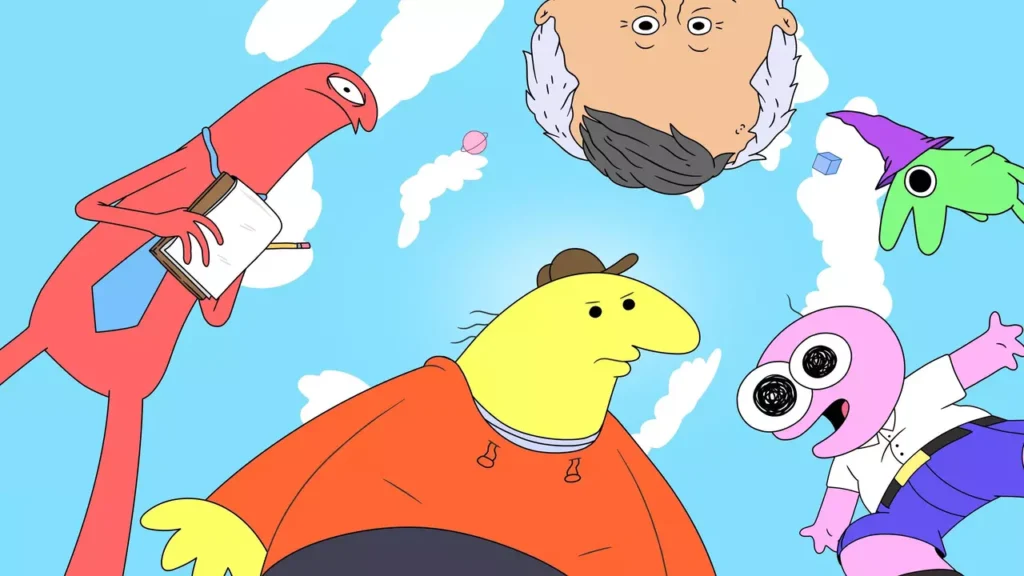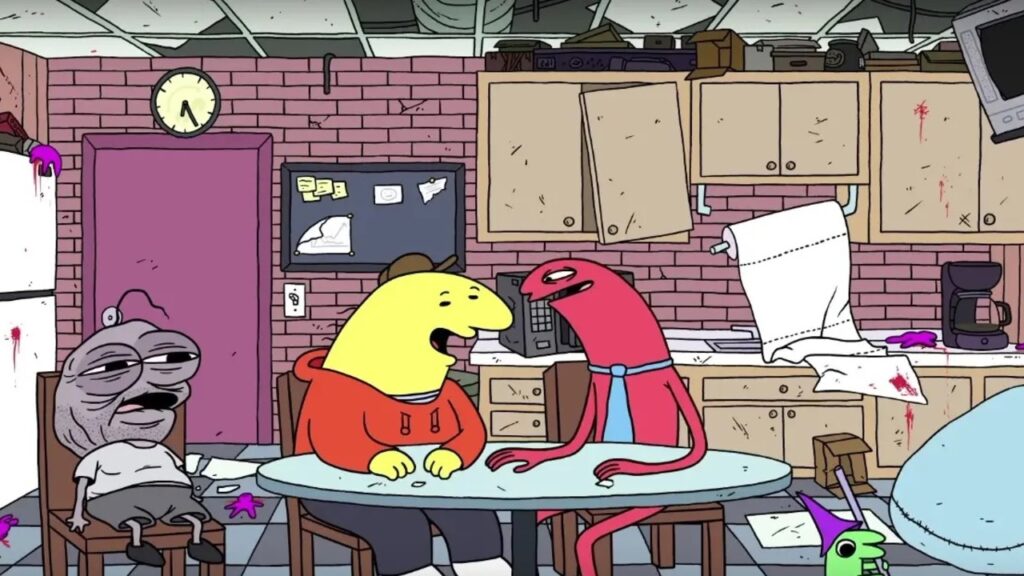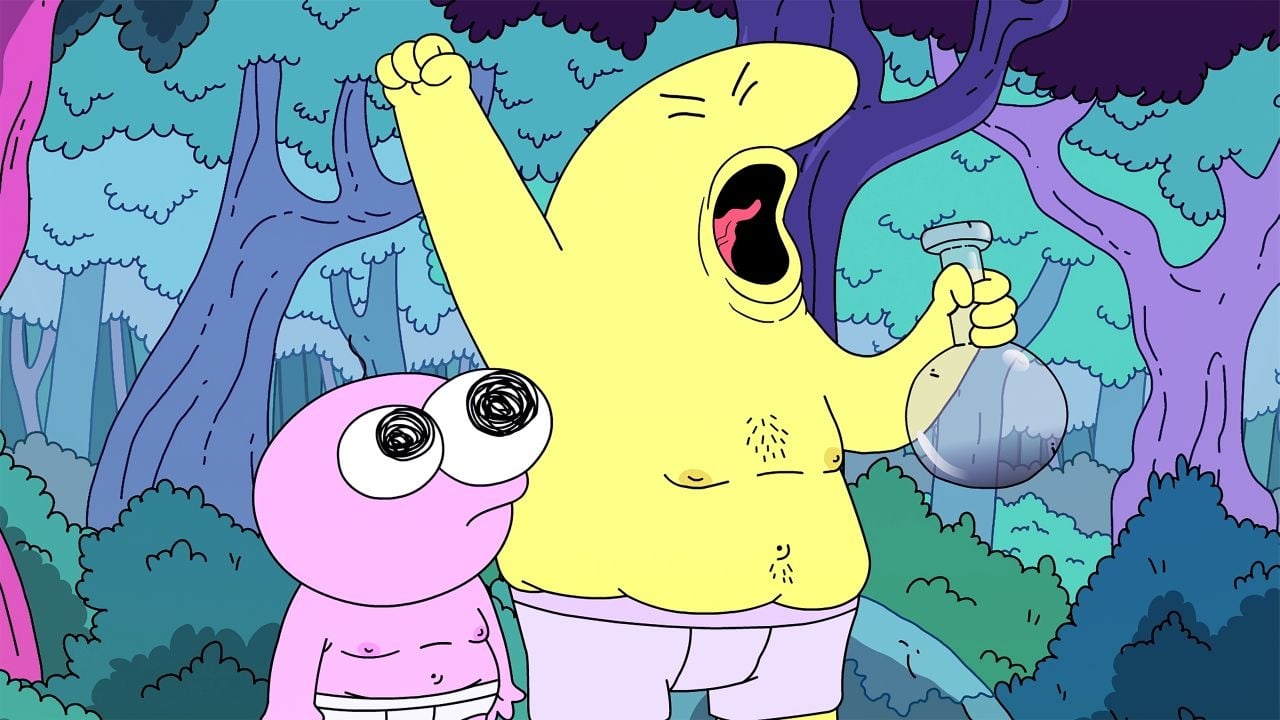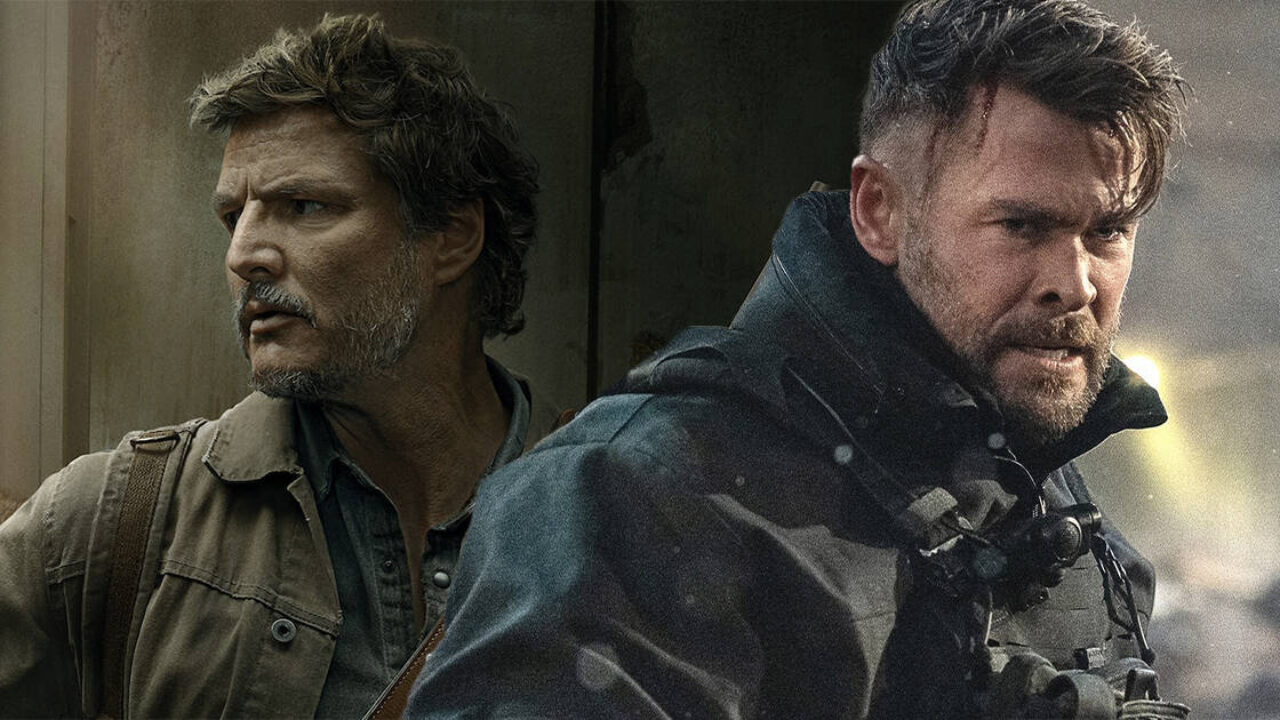The makers of ‘Smiling Friends’ discussed their plans for Season 3, their preference against “serious episodes,” and their tendency to “piss off fans for fun,” stating their main goal is to “do whatever we find funny.
You don’t often hear this from a TV insider, but they said: ‘It’s entirely possible the show could end with us being thrilled by the finale and the public loathing it. That’s not a goal, but I’m just saying I would be okay if it went down that way. That concept amuses me. I’d rather do that than just cater to fan expectations. We are committed to making whatever we think is funny. The person speaking was Zach Hadel, one half of the creative duo responsible for “Smiling Friends.”

Michael Cusack and Zach Hadel’s Program Is Considered A Bold Exception
In an industry struggling with unprecedented caution, the show from former YouTube trailblazers Michael Cusack and Zach Hadel is a bold exception. It is not just downright hilarious, but it also provides a courageous blueprint for others. Hadel and Cusack provide a courageous contrast to an entertainment industry where major studios consistently rely on safe, uncreative projects and then milk them dry. They unapologetically broadcast their brand of colorful mayhem, asserting that their own creative satisfaction is sufficient.
Their work is offered on a “take it or leave it” basis, prioritizing their own humor over audience demands. This method is obviously succeeding, as “Smiling Friends” has just launched its third season on Adult Swim. Hadel and Cusack pull double duty as both the show’s creators and its main stars.
Together They Founded The Smiling Friends Agency
Hadel provides the voice for Charlie, a bro-ish yellow blob creature, while Cusack voices Pim, a polite character who looks like a combination of a school boy and a grape. Together, they form the Smiling Friends, an agency dedicated to solving existential crises. They consider their job incomplete until they’ve managed to put a smile on their customer’s face.

The show’s energy comes from its frenzied cartoon rules and a vast number of one-off characters, like 3D Squelton, Count Groxia, God, and Ronald Regan. The show’s violent absurdity belies a surprising resemblance to our own world, as it frequently explores complex issues like suicide, imposter syndrome, and fervent parasocial relationships.

